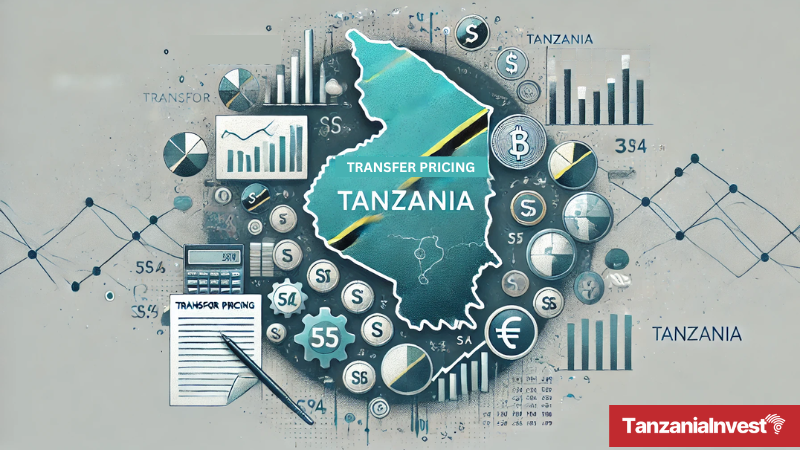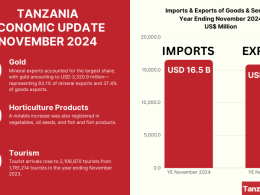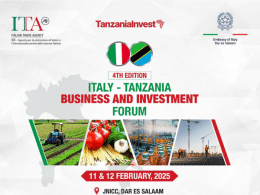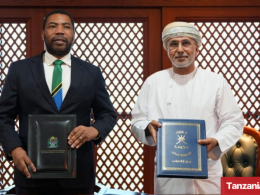Tanzania’s Transfer Pricing Guidelines and Rules, established by the Tanzania Revenue Authority (TRA), are tailored to the country’s domestic circumstances to ensure fair taxation and prevent profit shifting.
They reflect Tanzania’s commitment to international standards, including the OECD and UN Guidelines.
This article explores the regulatory framework, acceptable methods, documentation requirements, and special considerations based on the TRA’s official guidelines.
Regulatory Framework
The regulatory foundation for transfer pricing in Tanzania is established under Section 33 of the Income Tax Act, Cap. 332. This provision mandates that transactions between associated parties must reflect the total income or tax payable as if the arrangements were conducted at arm’s length.
In 2018, Tanzania introduced updated Transfer Pricing Regulations, which replaced earlier rules to provide more clarity and enforce stricter compliance. These regulations apply to both domestic and cross-border transactions involving related parties, including dealings between permanent establishments and head offices. The TRA emphasizes adherence to the arm’s length principle, which ensures that prices for goods, services, and financial arrangements reflect independent market conditions.
Transfer Pricing Methods
The TRA provides several methodologies to determine whether related-party transactions meet the arm’s length standard. These include the Comparable Uncontrolled Price (CUP) Method, which compares the price of controlled transactions with those of similar uncontrolled transactions.
The Resale Price Method starts with the price at which a product is sold to an independent party and adjusts for a gross margin.
The Cost Plus Method calculates an arm’s length price by adding a mark-up to the supplier’s costs.
Other methods include the Transactional Net Margin Method (TNMM), which focuses on net profit margins relative to sales, costs, or assets, and the Profit Split Method, which allocates combined profits based on each party’s contribution.
While the TRA generally prioritizes traditional methods like CUP, transactional profit methods are used in cases where traditional methods cannot be reliably applied.
Documentation Requirements
Taxpayers must document their transfer pricing policies, explaining how arm’s length prices were determined. This documentation should include an analysis of the controlled transactions, a description of the functional roles of the parties involved, and details of the chosen pricing methodology.
For businesses with annual transactions exceeding TZS 10 billion, this documentation must be submitted with their corporate tax returns. For smaller transactions, records must still be maintained and provided upon request. The TRA requires that these records be retained for at least five years. Non-compliance with these documentation requirements can lead to significant penalties, including fines starting at TZS 52.5 million.
Advance Pricing Agreements (APAs)
Advance Pricing Agreements (APAs) are transfer pricing arrangements that allow taxpayers to negotiate with the TRA in advance to establish a pricing methodology for their transactions. APAs are particularly beneficial for complex or high-risk transactions, as they reduce the likelihood of disputes and penalties. The TRA allows APAs for a maximum duration of five years, following a formal application process that includes pre-filing meetings and detailed transaction proposals.
To date, there is no record of any signed Advance Pricing Agreements (APAs) in Tanzania. This indicates that APAs may not yet be utilized in Tanzania despite being part of the regulatory provisions.
Special Considerations
Tanzania’s guidelines provide specific instructions for unique scenarios, such as intangible property transactions, intra-group services, and intra-group financing. In cases involving intangible property, factors like anticipated benefits, geographic limitations, and associated development costs must be considered. Transactions involving intra-group services require proof of economic value to the recipient, ensuring that charges reflect what an independent party would pay. Similarly, intra-group financing arrangements, such as loans or financial guarantees, must align with market-based interest rates. If these rates deviate from arm’s length standards, the TRA may make adjustments to reflect fair market conditions.
Compliance and Risk Management
Businesses operating in Tanzania must approach transfer pricing with diligence. Ensuring compliance begins with maintaining detailed and accurate records of all related-party transactions. Regular reviews of pricing policies, combined with proactive adjustments to reflect market conditions, are essential. Engaging experienced tax professionals can help navigate the complexities of transfer pricing regulations and minimize risks.
Disclaimer
The information provided in this article is for general guidance only and does not constitute legal or tax advice. Transfer pricing regulations in Tanzania are complex and require careful analysis of each specific case. Businesses are strongly encouraged to consult with expert tax advisors or consultants in Tanzania to ensure compliance with local regulations, optimize their tax strategies, and minimize risks. Professional guidance can help navigate the intricacies of the law and ensure that all documentation and practices meet the standards set by the Tanzania Revenue Authority.










